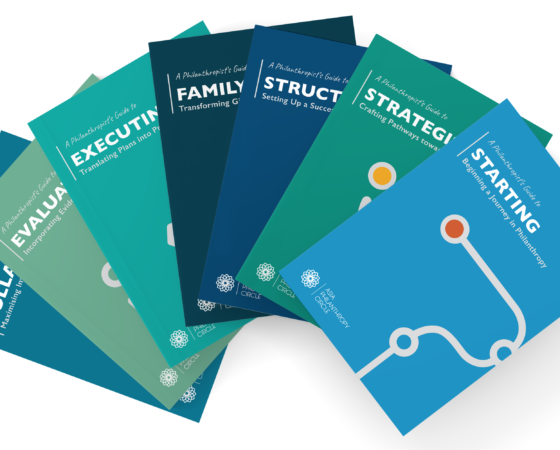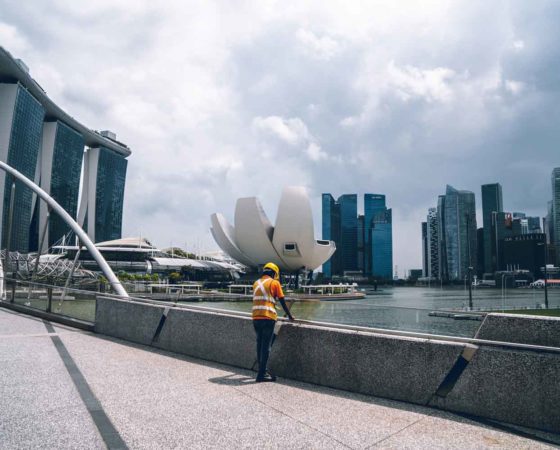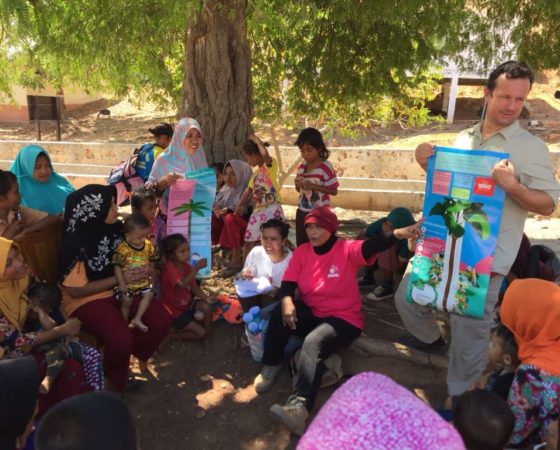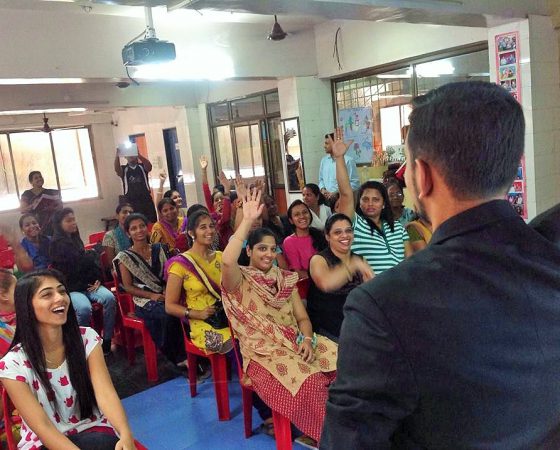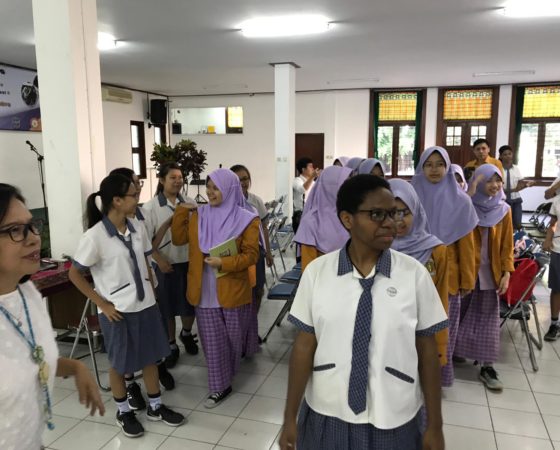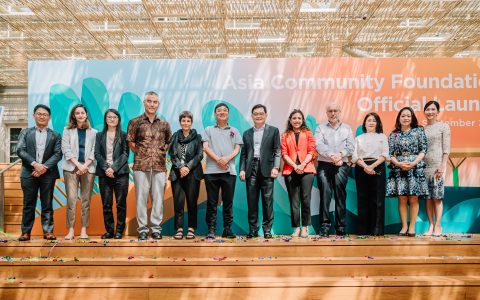A platform by philanthropists for philanthropists
We are on a mission. A mission to secure a sustainable future for Asia. A future that is significantly at risk because of the multitude of complex and interconnected social challenges around us – challenges that governments struggle to contain, that private enterprises often choose to ignore and that civil society organisations are ill-equipped to tackle.
We need change agents to address these challenges vigorously. We believe that philanthropists can be those change agents. But they need to be better organised to be more effective. And they need to join up efforts to be more impactful.
For this purpose, a few philanthropists established the Asia Philanthropy Circle (APC) in 2015. APC is a membership platform for Asian philanthropists to jointly grow the impact of their philanthropy and to catalyse an Asian philanthropy. APC is a registered charity headquartered in Singapore.
We saw that philanthropists needed a respected, forward-thinking and innovative central body to continuously identify, recruit and harness their collective intelligence and efforts for collaborative and catalytic action in Asia. APC is hence a membership platform for Asian philanthropists who want to build this community of progressive givers, who through exchange, coordination and collaboration, grow the impact of their philanthropy.
The APC is different from other intermediaries, as it is action-biased, and driven by experienced philanthropists themselves. The founding board members are Singaporean philanthropists Stanley Tan and Laurence Lien, who is also our CEO, and Indonesian philanthropist Cherie Nursalim.
Asia Philanthropy Circle Ltd. (APC) is a company limited by guarantee. The company was incorporated on 10 July 2015 and was registered in Singapore as a charity (UEN201528607M) on 29 September 2015.
APC Annual Reports
For our Annual Reports, please refer to our Resource Centre.

